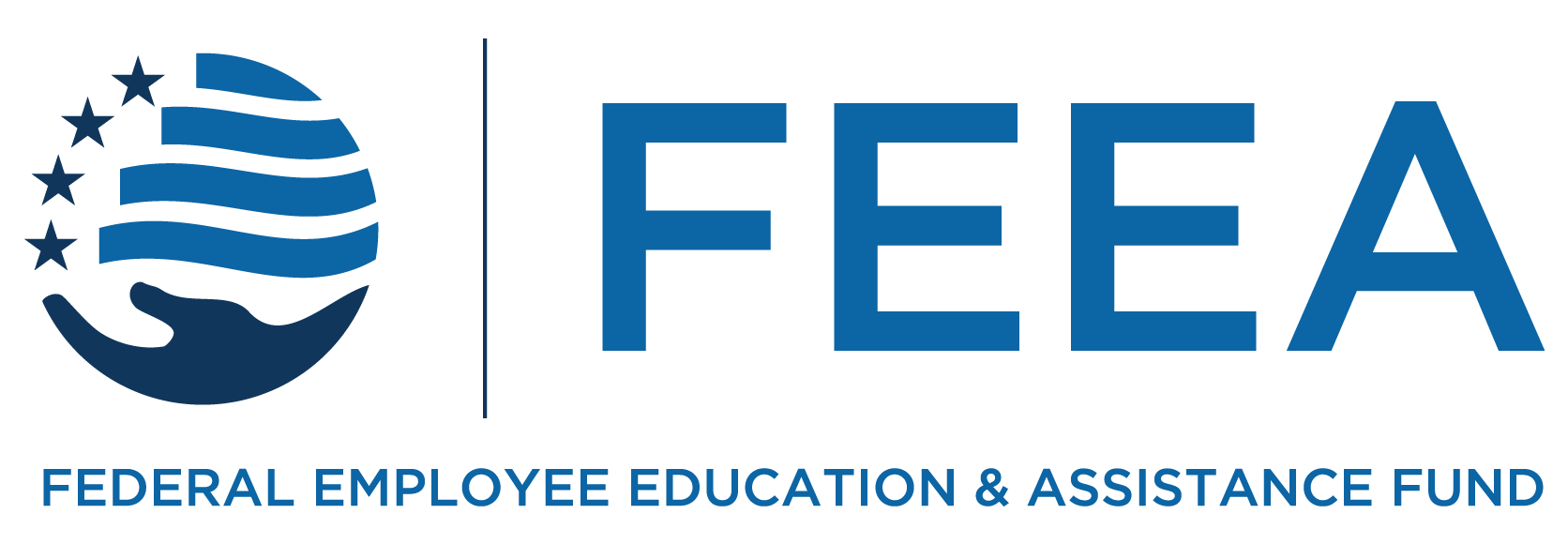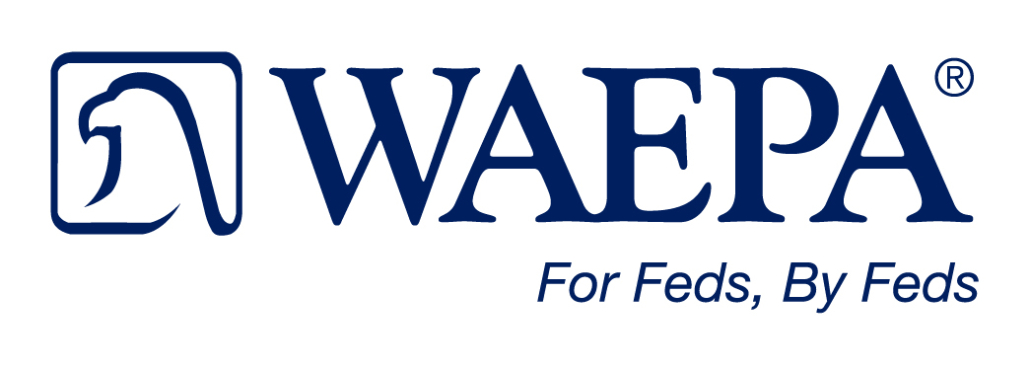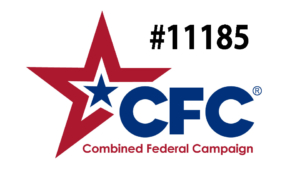Share this entry
Feds + Finance: Navigating a Volatile Economy Towards Financial Wellness
Recent data underscores a growing financial concern among Americans, especially the younger generation.
A survey conducted by Bank of America reveals that 73% of Gen Z feels the present economic climate poses a significant barrier to savings. The primary culprit? Inflation, which has made it notably more challenging for 59% to meet financial objectives and for 43% to reduce debt. Additionally, a significant 56% report an increase in financial stress.
But this trend isn’t confined solely to Gen Z. CreditCards.com has reported that by the end of 2022, the average credit card balance for Americans reached $5,910. Notably, Gen Z led the pack with a 25% surge in credit card usage compared to 2021.
On a broader scale, Americans faced a collective credit card debt of $986 billion at the close of 2022, marking a growth of over $100 billion from the previous year, as cited by the Federal Reserve Bank of New York. The looming question is: how can Federal employees steer through these financial challenges effectively?
Amid the prevailing economic challenges, Federal employees are seeking tangible solutions. This piece zeroes in on three primary areas: Financial Literacy, Steps to Financial Wellness, and the Role of Life Insurance. These segments offer strategies for stability and insights into safeguarding one’s financial future.
>>Next: Financial Literacy: Empowering Informed Decisions
For navigation: click arrows on the top of this content box
Financial Literacy: Empowering Informed Decisions
Financial Literacy: Empowering Informed Decisions
In today’s rapidly shifting economic landscape, understanding core financial concepts is not just an asset – it’s a necessity. Financial literacy goes beyond just balancing a checkbook. It’s about navigating the complexities of the financial world with confidence and knowledge. Here’s a closer look at what one should understand to be financially literate and how to achieve it:
The Power of Budgeting and Saving:
Budgeting isn’t merely tracking expenses. It’s about understanding your financial limits and making informed choices. Harnessing tools like budgeting apps can provide insights into spending patterns and ensure long-term stability.
Deciphering the World of Debt:
Debt is not inherently bad, but understanding its nuances is vital. Differentiate between ‘good’ and ‘bad’ debt and know why managing high-interest liabilities is imperative for financial health.
Embarking on an Investment Journey:
The world of investments can seem daunting. But, by familiarizing oneself with basic terms, understanding one’s risk tolerance, and exploring retirement saving avenues, it becomes less intimidating and more empowering.
Mastering the Art of Credit Management:
Your credit score reflects your financial decisions. Understand the elements shaping it and the influence of interest rates to use credit to your advantage.
-
- On-time Payments: Consistently paying bills on time is the most influential factor. Late payments can significantly hurt your score.
- Credit Utilization: Ideally, keep your credit card balances low compared to your credit limit. A lower credit utilization ratio signals responsible borrowing.
- Length of Credit History: A longer credit history typically boosts your score, as it provides more data on your spending habits.
- Types of Credit: Diversifying the types of credit you use — like credit cards, mortgages, and installment loans — can favorably impact your score.
- New Credit Inquiries: Opening many new credit accounts in a short period can signal risk, potentially lowering your score. It’s wise to space out credit applications.
The Influence of Interest Rates:
Interest rates and credit scores are intertwined. A higher credit score often translates to lower interest rates on loans and credit cards, saving you money over time. Conversely, understanding how interest rates impact monthly payments and total payback is vital when considering any credit offers.
Navigating Through Tax Labyrinths:
Taxes aren’t just about deductions from your paycheck. They’re about understanding the difference between gross and net income and ensuring you’re well-prepared for the annual tax season.
>>Next: Steps to Financial Wellness
For navigation: click arrows on the top of this content box
Steps to Financial Wellness
Steps to Financial Wellness
Today’s economy, marked by unforeseen challenges, has brought financial planning to the forefront of our concerns.
What Does Financial Wellness Mean?
- Financial wellness is not just about numbers in a bank account. It’s the peace of mind that comes with financial security, allowing individuals to make choices freely, both now and in the future.
- The repercussions of financial stress are vast, affecting mental, emotional, and physical health. With a solid financial plan in place, it’s possible to mitigate these effects.
Your Path to Financial Wellness:
- Command Your Finances: Ensuring your expenses don’t exceed your income is crucial. By establishing and adhering to a budget, and perhaps even using budget tracking tools, you can gain better control over your financial future.
- Prepare for the Unexpected: No one can predict every turn life takes. Setting up an emergency fund, even a small one initially, can be a lifesaver when unforeseen expenses arise.
- Determine and Pursue Your Financial Goals: Whether it’s paying off debt, saving for retirement, or planning for a big purchase, having clear financial goals will help you focus your efforts and resources efficiently. Investments, when done wisely, can significantly aid in achieving these long-term goals.
- Educate Yourself Financially: Knowledge truly is power. Understand essential financial concepts to make informed decisions and better navigate the financial world.
The Role of Life Insurance

The Role of Life Insurance
Life insurance is an often overlooked but vital part of a holistic financial plan. It serves as a safety net, ensuring that the financial future of your loved ones remains secure even in your absence.
- More Than Just a Safety Net: While the primary purpose of life insurance is to provide for dependents after one’s passing, its importance in a financial strategy extends beyond that. It provides a sense of financial security and predictability.
- Considering Disability: Life isn’t just about planning for the worst-case scenarios of death. Temporary illnesses or injuries can also disrupt income streams. Having a strategy in place to handle such situations is a crucial aspect of financial planning.
For many younger individuals, life insurance might not seem like an immediate priority. Still, there are several reasons it might be worth considering earlier rather than later:
- Financial Dependents: If anyone, be it a spouse, child, or any other family member, relies on your income, a life insurance policy can be instrumental in securing their financial future. Especially for those with debt, life insurance ensures these obligations aren’t burdensome for loved ones left behind.
- Securing a Future: Investing in life insurance when younger and healthier can often lead to more favorable terms and premiums. This foresight provides peace of mind, knowing that future financial security is in place.
>>Next: The Role of Life Insurance
For navigation: click arrows on the top of this content box

The journey to financial wellness may seem daunting, but remember, every significant change begins with a single step. Small, consistent actions today can lead to substantial, lasting financial security tomorrow. Start by understanding your current financial situation, setting realistic goals, and educating yourself on the basics of budgeting, saving, and investing. Embrace the idea that financial wellness is a journey, not a destination, and every positive step you take, no matter how small, is a victory in itself.
And remember, you’re not alone; resources, tools, and support are available to help guide you on this path. So take that first step, however small, towards securing your financial future and achieving the peace of mind that comes with it. Your future self will thank you.
SUBSCRIBE TO FEEA’S NEWSLETTER
The information provided in this piece is for your convenience and informational purposes only and not to be construed as professional advice. FEEA and its coauthors and sponsors are not liable for any losses or damages related to actions or failure to act with regard to the content in this piece.
Would you like to reprint this piece in your agency human resource, federal employee association, or union local newsletter? You can do so at no cost by contacting admin@feea.org with your request.
















